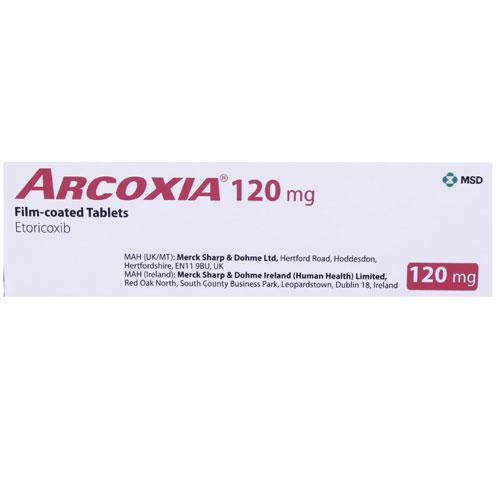PAIN RELIEF
What Is Pain?
Pain is often very difficult to define, as its often cause of pain is obvious; example, a broken leg, or a bruise. There are also times when the source of the pain is unseen, for example a slipped disc. It is occasionally very difficult to find the exact cause of a person’s pain. Pain relief is often available for the treatment & management of pain where the underlying cause has been established. Identifying the precise cause of an individual's pain can be a complex process, and there are scenarios where the underlying source remains elusive. In such cases, pain relief becomes a crucial aspect of treatment and management, aiming to alleviate discomfort and improve the individual's quality of life. Pain relief measures can encompass a range of approaches, including medications, physical therapy, and other interventions tailored to address specific types of pain. It is essential to recognize that effective pain management may involve a multidisciplinary approach, where healthcare professionals collaborate to understand and address the various aspects of an individual's pain experience. Ultimately, the goal of pain relief is to enhance the well-being of individuals dealing with pain, offering relief and support even when the exact cause of the pain may not be immediately evident. Open communication with healthcare providers is crucial to developing a comprehensive plan that considers both the visible and unseen sources of pain, ensuring that appropriate measures are taken to address and manage this complex aspect of human health.| Pain Relief Tablets | Pain Pills EU |
|---|---|
| Buy Pain Relief Tablets | Buy Pain Relief Pills EU |
| Pain Relief Tablets | Pain Relief Pills EU |
| Pain Relief Online | Pain Relief EU |
| EU Pain Relief Online | Pain Relief Online EU |
| Pain Relief tablets Price | Pain Relief Price EU |
| Pain Relief Over The Counter | Pain Relief Pills |
Most common types of pain;
- Back pain – in most cases, back pains are not caused by anything too serious.
- Headache – types of headaches include; migraine, tension headache and cluster headaches.
- Joint pain – is as a result of damage to the joints, either through disease or an injury.
- Period pain – is the result of muscular contractions of the womb.
- Muscular pain – also known as myalgia, is often the result of too much stress, tension, or physical activity.
- Dental pain – toothache is usually the result of the tooth innermost layer becoming inflamed.
What Treatments Are Available For Pain?
There are two types of treatments for pain, some are available over the counter and other are prescription only medicines. Opioid Analgesics- Codeine
- Fentanyl
- Hydrocodone
- Hydromorphone
- Morphine
- Methadone
- Oxycodone
- Meperidine
- Paracetamol
- NSAID's such as Ibuprofen, Diclofenac, Celecoxib, Mefenamic Acid, Etoricoxib, Indomethacin
- Gabapentin (Neurontin)
- Pregabalin (Lyrica)
- Carbamazepine (Tegretol)
- Lamotrigine (Lamictal)
- Phenytoin Valproate
Antidepressants for chronic pain
- Amitriptyline
- Citalopram
- Fluoxetine
- Paroxetine
- Venlafaxine
- Nortriptyline
- Fluvoxamine
- Duloxetine
Can I Use Pain Killers During Pregnancy?
The only pain relief that is safe to use during pregnancy is Paracetamol, it is not recommended to use other medications during pregnancy.
However, it is crucial for pregnant individuals to consult with their healthcare provider before taking any medications, including Paracetamol. Healthcare professionals can provide personalized guidance based on individual health conditions and the specific circumstances of the pregnancy. Other pain relief medications, especially those containing nonsteroidal anti-inflammatory drugs (NSAIDs) such as ibuprofen, are generally advised against during pregnancy, particularly in the later stages. NSAIDs may carry a risk of complications, and their use should be discussed with a healthcare provider. In summary, Paracetamol is often considered a safer option for pain relief during pregnancy, but it is essential to seek guidance from a healthcare professional before taking any medication to ensure the well-being of both the pregnant individual and the developing fetus.











